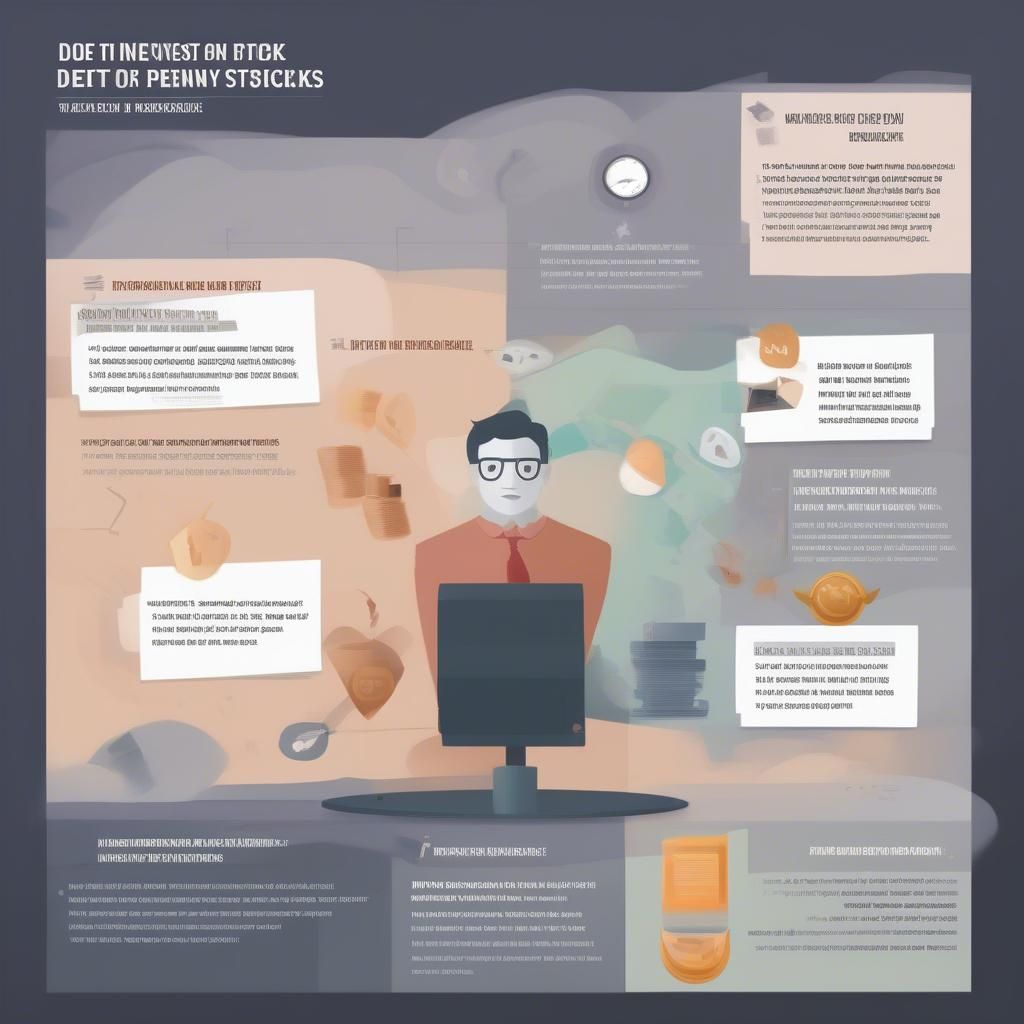Dealing with multiple credit card payments and high interest rates can be overwhelming. This is where credit card debt consolidation can be a helpful financial tool. It involves combining multiple credit card debts into a single, new loan with a potentially lower interest rate. This simplification can make managing payments easier and potentially save you money on interest charges. Let’s dive into the details of consolidation and explore if it’s the right strategy for you.
Understanding Credit Card Debt Consolidation
Credit card debt consolidation streamlines your finances by combining multiple high-interest debts into a single, manageable payment. This process typically involves taking out a new loan to pay off your existing credit card balances.
What are the Different Consolidation Methods?
1. Balance Transfer Credit Cards: These cards offer a promotional period with 0% APR, allowing you to transfer high-interest balances and potentially pay them down faster without accruing additional interest.
2. Personal Loans: You can use personal loans for various purposes, including debt consolidation. They typically come with fixed interest rates and monthly payments, making budgeting more predictable.
3. Home Equity Loans or Lines of Credit: Homeowners might consider tapping into their home equity for debt consolidation, but it’s essential to weigh the risks carefully, as this option uses your home as collateral.
4. Debt Management Programs: These programs, typically offered by non-profit credit counseling agencies, consolidate your debts and negotiate with creditors for lower interest rates and monthly payments.
Is Consolidating Credit Card Debt Right for You?
While credit card debt consolidation can be beneficial, it’s not a one-size-fits-all solution.
Consider these factors:
- Credit Score: Your creditworthiness significantly impacts the interest rates and loan terms you qualify for. A higher credit score often translates to better loan options.
- Interest Rates: Compare the interest rates offered on consolidation loans with your current credit card rates. Consolidation makes sense if you can secure a lower rate.
- Debt Amount: The amount of debt you have influences the type of consolidation method that might be most suitable.
- Financial Habits: Credit card debt consolidation is most effective when combined with responsible financial habits, such as creating a budget and avoiding overspending.
Benefits of Consolidating Credit Card Debt
-
Simplified Finances: Manage a single payment instead of juggling multiple due dates and minimum payments.
-
Potential Interest Savings: Securing a lower interest rate can save you money on interest charges over the life of the loan.
-
Improved Credit Score: Consolidating debt and making timely payments can potentially improve your credit utilization ratio, a key factor in credit scoring.
Drawbacks to Consider
- Fees: Some consolidation methods may involve origination fees or balance transfer fees, which can add to your overall costs.
- Risk of Increased Debt: Without addressing spending habits, it’s possible to accrue new credit card debt, potentially worsening your financial situation.
- Impact on Credit History: Opening new loans or closing old credit card accounts can impact your credit history, especially in the short term.
Key Takeaways
Credit card debt consolidation can be a valuable tool for managing debt and improving your financial well-being. By researching your options, comparing interest rates, and carefully considering your financial situation, you can make an informed decision about whether consolidation aligns with your financial goals. Remember to explore resources and seek professional advice to determine the most effective strategy for your unique circumstances.



